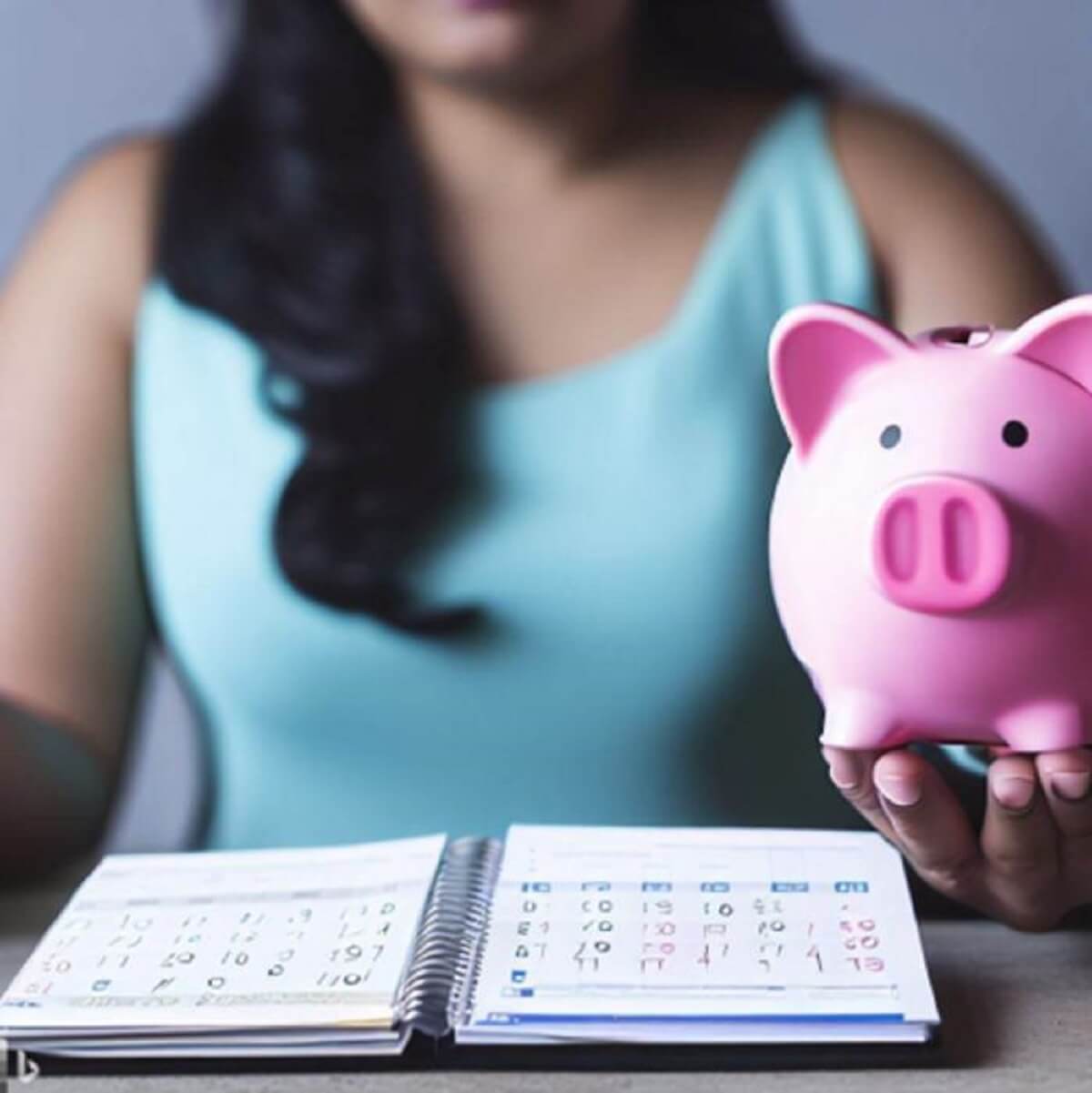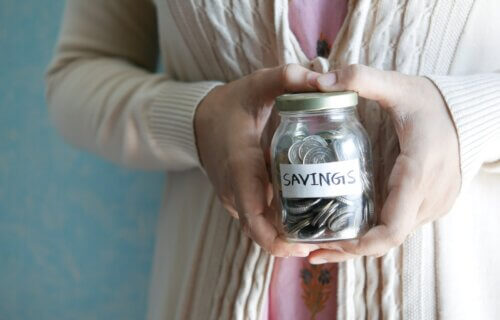NEW YORK — Four out of 10 Americans have cash savings that would last them no more than four months, a new poll shows. However, an optimistic 75% believe their savings habits will improve in the coming year.
A study encompassing 2,000 U.S. adults aged 18–58, all with savings accounts, reveals that since the pandemic’s onset in March 2020, 90% have dipped into their savings for emergencies. These emergent situations include unexpected debt, surging rent or mortgage payments, and unanticipated medical bills, each accounting for 16%, 16%, and 14% respectively.
Initiated by Laurel Road and executed by OnePoll, the study indicates that while a majority (71%) are content with their present cash savings, they identify measures that could enhance their savings capability. Popular strategies encompass monthly savings challenges with rewards (60%), timely bill reminders (52%), and consultation with financial advisers or mentors (52%). Surprisingly, only a quarter (24%) believe a higher income would directly influence their ability to save more.
On the quantitative front, participants, on average, have augmented their cash savings by $23,474 over the past year and forecast adding approximately $24,520 in the upcoming year. Although 42% foresee withdrawing funds for essential outlays, 46% wish to maintain liquid assets, and another 45% plan to use savings to offset debt.

Savings Behaviors
The study highlights diverse saving goals, ranging from children’s education (45%) and acquiring a new vehicle (43%) to retirement provisions (40%) and dream holidays (38%). By 2024, aspirational financial objectives include earmarking funds for property down payments (51%), budget restructuring (44%), establishing an emergency reserve (42%), and credit score enhancement (36%).
“Interestingly, 67% of respondents are acquainted with high-yield savings accounts but haven’t ventured to open one, hinting at potential gaps in understanding the benefits of such accounts,” says spokesperson Alyssa Schaefer, General Manager and Chief Experience Officer of Laurel Road, in a statement. “While 37% envisage leveraging a high-yield account for retirement, its utility extends to numerous short-term objectives, be it planning a family getaway or purchasing a new car.”
In terms of financial guidance, nearly half the participants (46%) lean on familial advice and social media endorsements, while a close 45% consult financial experts.
The study also highlights persistence in savings behavior. Post-pandemic, respondents predominantly continue to prioritize self-payment (59%), set aside funds for designated expenses (55%), and pursue investments (52%).
“With the prevailing upward trend in interest rates, prudent saving, especially in a high-yield account boasting an attractive Annual Percentage Yield (APY), can be lucrative,” says Schaefer, “It’s pivotal to make an informed choice, selecting a bank that enables higher returns on savings. Investing in a high-yield savings account can harness the power of compound interest, propelling you closer to your financial aspirations.”
Survey methodology:
This random double-opt-in survey of 2,000 U.S. adults ages 18–58 with a savings account was commissioned by Laurel Road between Sept. 13 and Sept. 21, 2023. It was conducted by market research company OnePoll, whose team members are members of the Market Research Society and have corporate membership to the American Association for Public Opinion Research (AAPOR) and the European Society for Opinion and Marketing Research (ESOMAR).
